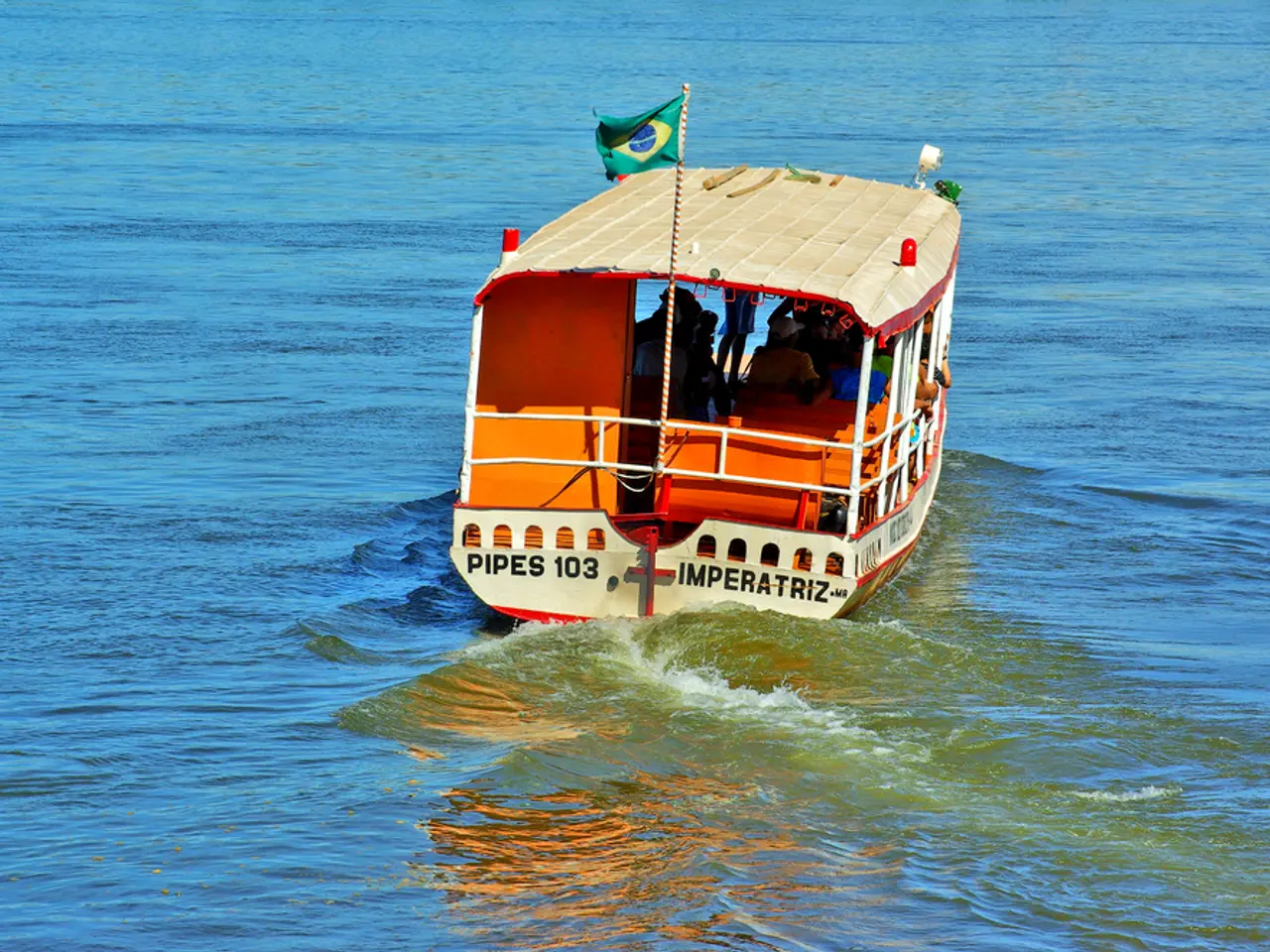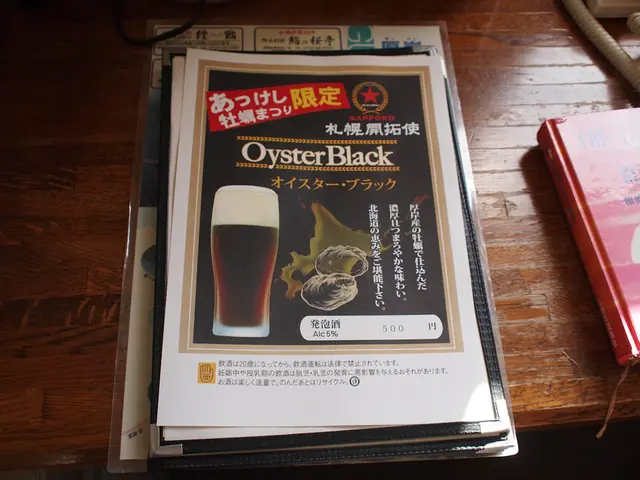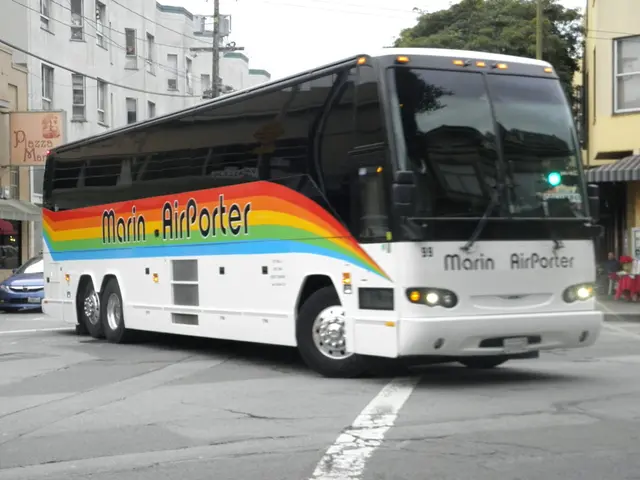Maritime Mishap: Unveiling the Shadowy Facets of Cruise Ship Gambling Establishments
In the wake of a recent tragedy on a cruise ship, the spotlight has been shone on the responsible gambling practices implemented by cruise lines.
Currently, the regulations for gambling on cruise ships are primarily self-governed by the cruise operators, adhering to industry best practices and major gaming associations, particularly in US-flagged or US-oriented cruise lines. Enforcement relies on onboard policies and compliance with international maritime and flag state regulations, as cruisers sail through international waters with varying jurisdictional frameworks.
Recent developments and proposed changes aim to improve responsible gambling standards on cruise ships. Major cruise operators, such as Carnival Corporation, have joined established land-based gambling industry associations to adopt and enhance responsible gaming frameworks. In July 2025, Carnival Corporation became the first cruise company to join the American Gaming Association (AGA), with the goal of advancing responsible gambling and regulatory best practices onboard.
Regarding enforcement in international waters, cruise ships typically follow the laws of the flag state under which the vessel is registered. However, as international waters are not subject to any single country's jurisdiction, regulations may vary significantly. Cruise lines enforce internal policies to comply with combined requirements of flag states, ports of call, and international maritime regulations.
Minimum gambling and alcohol age restrictions (usually 18 or 21 depending on the nationality and regulations of the cruise or destination), prohibition and control of underage gambling activities, mandatory onboard policies addressing player conduct, anti-money laundering, and promoting responsible gambling environments are some of the measures in place. Enforcement includes staff monitoring, compliance checks, and coordination with security officers or maritime authorities when necessary.
Although there is no comprehensive international treaty specifically regulating gambling at sea, the cruise industry's affiliation with organizations like the AGA indicates a move toward harmonizing standards, improving responsible gaming technology, and enhancing self-regulation. Future changes may include more robust tracking of gambling behaviors, expanded responsible gambling education for passengers and crew, and integration of industry data for better preventive measures.
The tragic death of Shane Dixon, a 50-year-old father of three, has sparked calls for a reevaluation of gambling practices on cruise ships. Australian laws tightly regulate gambling and alcohol use within territorial waters, but these rules become murky once a ship ventures into international waters. The hope is that Dixon's incident will inspire a more vigilant approach to responsible gambling on cruise ships and gambling cities like Kai Tak, Hong Kong's former gambling hub.
Carol Bennett, CEO of the Alliance for Gambling Reform, expressed dismay over the incident and advocated for cruise lines to bear a greater responsibility in mitigating gambling harm. Many are urging for a paradigm shift that prioritizes passenger welfare over profits on cruise ships.
In summary, the cruise industry is moving towards closer adherence to land-based industry standards, collaboration on best practices, anti-money laundering efforts, and responsible gambling initiatives with industry groups. This shows a trend toward improving responsible gambling oversight by leveraging the expertise, policy frameworks, and advocacy tools developed in the broader casino and gaming industry.
- The tragic death of Shane Dixon on a cruise ship has brought the topic of responsible gambling practices into focus, particularly in relation to car-accidents and crime-and-justice.
- As the cruise industry collaborates with land-based gambling industry associations like the American Gaming Association (AGA), there's a growing emphasis on gambling-trends, such as improving responsible gambling standards and adopting advanced technology.
- The events on the cruise ship have highlighted the need for general-news media to cover responsible gambling issues thoroughly, especially in the context of accidents and potential harm, boosting awareness about the importance of responsible gambling environments.
- In striving for a paradigm shift that prioritizes passenger welfare over profits, the cruise industry's efforts align with promoting responsible gambling practices. This underlines the necessity for car-accidents prevention initiatives and addressing crime-and-justice concerns through enhanced self-regulation mechanisms and policies.








